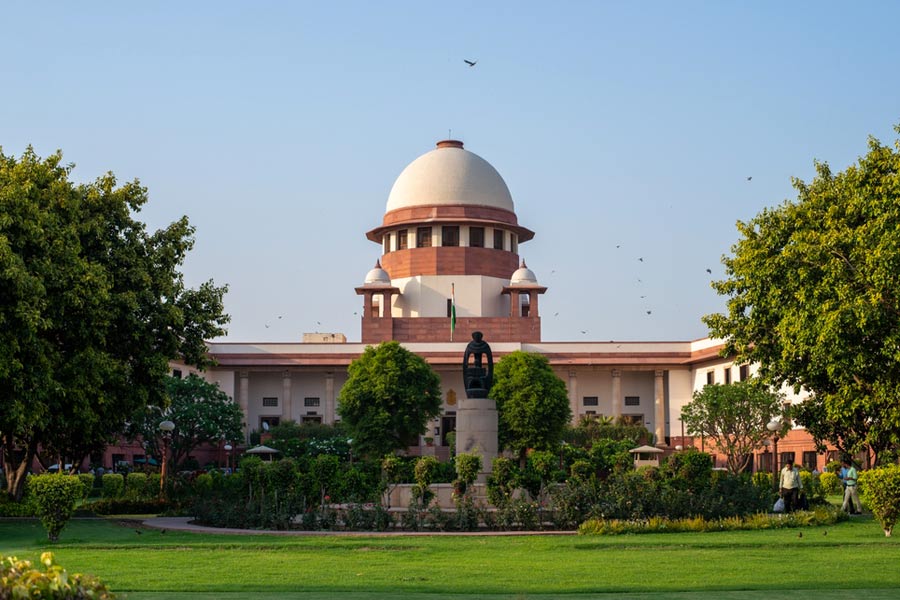Indian law is more progressive than otherwise. So it may be surprising to some that the rights to marriage would not be made equal. The Supreme Court reportedly ruled against making same-sex marriage legal, and three of the five judges of the Constitution bench also ruled against civil unions of and the adoption of children by non-heterosexual couples. The recognition of LGBTQIA+ individuals as equal citizens who cannot be discriminated against was underlined by earlier judgments, in 2018 for instance, but marriage for them is neither legal nor a fundamental right: the rights of adoption, succession and inheritance would be available only to man-woman pairings. The Supreme Court ruled that Parliament must legislate if non-heterosexual marriages are to be made lawful. The scope of the Special Marriage Act, intended for inter-caste and interfaith marriages, cannot be expanded as its wording — it refers specifically to ‘man’ and ‘woman’ at one point — cannot be read differently. However, the Chief Justice of India gave detailed orders so that members of the queer community do not face discrimination, or intersex children are not coerced into anything, including hormone therapy.
The law code is a reflection of its society’s values, beliefs and tendencies. The legal correctness of the Supreme Court’s decision does not make the issue one of law alone. The argument of one respondent, the National Commission for the Protection of Child Rights, for example, referred in effect to the non-negotiability of the mother’s gender identity. That is one of many prevalent beliefs. The Centre said in court that legalising non-heterosexual marriage would have an impact on 160 laws. Will that make legislating difficult then? Democratising intimate spaces — a phrase reportedly used by a judge — is apparently not straightforward, since such spaces are the outcome of legislation. Marriage is regulated, as all related matters, such as adoption or inheritance, are legally determined. What seems to have surfaced is a clash between marriage as a social phenomenon, carrying with it all the beliefs and biases of the society within which it is set, and marriage as a private relationship between two individuals, an ‘intimate space’, to which the plea for equality of marriage is relegated by the same society. Indians must decide whether that is the only, or true, ground for such equality. Their society would be defined accordingly.










